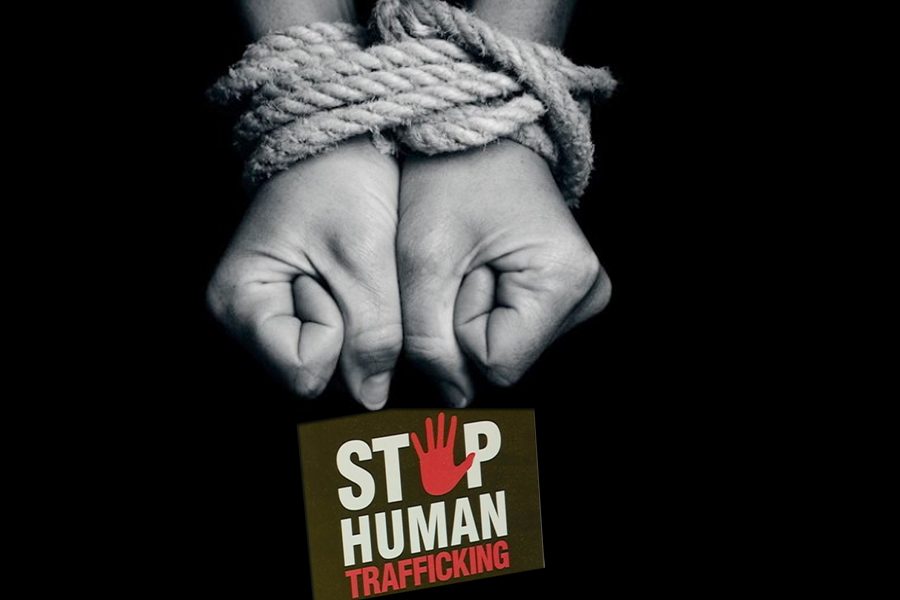CCA Urges Churches to Combat Trafficking in Persons

As the United Nations (U.N) calls to observe today, 30 July 2018 as World Day against Trafficking in Persons, Christian Conference of Asia (CCA) urges its member churches and councils to make every effort to combat human trafficking in their respective situations in Asia.
In recognition of the U.N’s World Day against Trafficking in Persons, the General Secretary of CCA, Dr. Mathews George Chunakara stated that “many Asians experience the worst forms of cruelty in the modern slavery of human trafficking. This should be arrested in all possible ways by governments and systematic advocacy measures should be undertaken to protect the dignity of victims of human trafficking”.
The CCA General Secretary added that in terms of the different types of trafficking outlined and identified by the United Nations (U.N), a vast number of people from several Asian countries were experiencing vulnerable situations. Sexual exploitation and forced labour are the most prominent in many Asian countries but the other forms of trafficking that largely prevail include persons trafficked and forced to act as beggars, construction workers, work in dangerous fishing industry, and people forced into fake marriages.
CCA has been organising Asia regional consultations annually since 2015 in order to sensitise Asian churches to combat human trafficking as part of regional advocacy initiatives and to sensitise Asian churches to combat human trafficking.
The CCA General Secretary said that an inter-regional consultation on human trafficking with a focus on ‘Migration, Human Trafficking and Asian diaspora in the Arabian Gulf Region’ will be organised by CCA from 11 To 14 November 2018 in Bangkok, Thailand in which representatives of Asian diaspora churches in the Arabian Gulf countries would also attend.
CCA’s Asia Regional Consultation on ‘Rights and Dignity of Children: Church’s Response’ to be held from 16 to 20 September 2018 in Jakarta, Indonesia will also have sessions dealing with concerns related to trafficking of children, added Dr.Chunakara.










